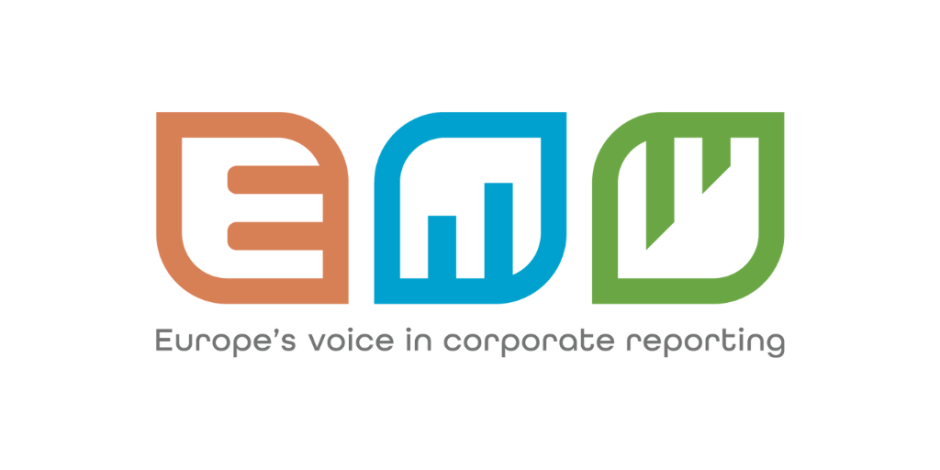Key Impact Points:
50% Reduction Goal: EFRAG aims to cut the number of mandatory data points in the ESRS by over half to ease the reporting burden on companies.
Six Simplification Levers: Reforms include simplifying the double materiality assessment, streamlining disclosures, and improving clarity and interoperability with IFRS standards.
October Deadline: EFRAG will publish draft revisions in July and finalize its advice to the European Commission by October 31, 2025, unless the timeline is extended.
EFRAG Responds to EU Push for ESRS Simplification
EFRAG has released a progress report detailing its strategy to significantly simplify the European Sustainability Reporting Standards (ESRS), aiming to reduce the mandatory reporting datapoints for companies by more than 50%. The update, published on June 20, responds to a May 5 request by Commissioner Mairead McGuinness’s successor, Commissioner Albuquerque, for clarity on how simplification goals would be met.
The simplification effort comes in response to the European Commission’s broader Omnibus I package, released in February 2025, which proposes major changes to the Corporate Sustainability Reporting Directive (CSRD), Corporate Sustainability Due Diligence Directive (CSDDD), and other regulations in order to reduce compliance burdens.
Six Levers for Simplification
EFRAG outlined six main levers to achieve its goal:
Simplifying the Double Materiality Assessment
Improving readability and integration of sustainability statements
Revising the link between Minimum Disclosure Requirements and topical standards
Enhancing understandability, clarity, and accessibility
Implementing additional burden-reduction measures
Boosting interoperability with IFRS sustainability standards
RELATED ARTICLE:
Driven by Evidence and Stakeholder Input
Chiara del Prete, EFRAG SR TEG Chair, said the initiative is built on “extensive dialogue” with companies, auditors, and other stakeholders:
“We now have extensive evidence on what needs to be simplified.”
Patrick de Cambourg, Chair of the EFRAG Sustainability Reporting Board, added:
“This Progress Report reflects our commitment to ensuring that the ESRS remain both effective and proportionate.”
EFRAG said many narrative datapoints are unnecessarily granular and could be either deleted or moved to non-binding guidance without compromising the quality or relevance of disclosures. Simplification will focus on eliminating non-essential datapoints and making narrative sections on policies, actions, and targets less complex.
Next Steps
EFRAG plans to approve Exposure Drafts in July, followed by a public consultation in August and September. Final technical advice will be submitted to the Commission by the October 31 deadline—though EFRAG has expressed openness to an extension to ensure quality.
The ESRS were originally adopted by the European Commission in 2023, following EFRAG’s mandate in 2020 to develop the standards. This simplification marks a pivotal moment in making the CSRD more workable for reporting companies while maintaining its sustainability objectives.

